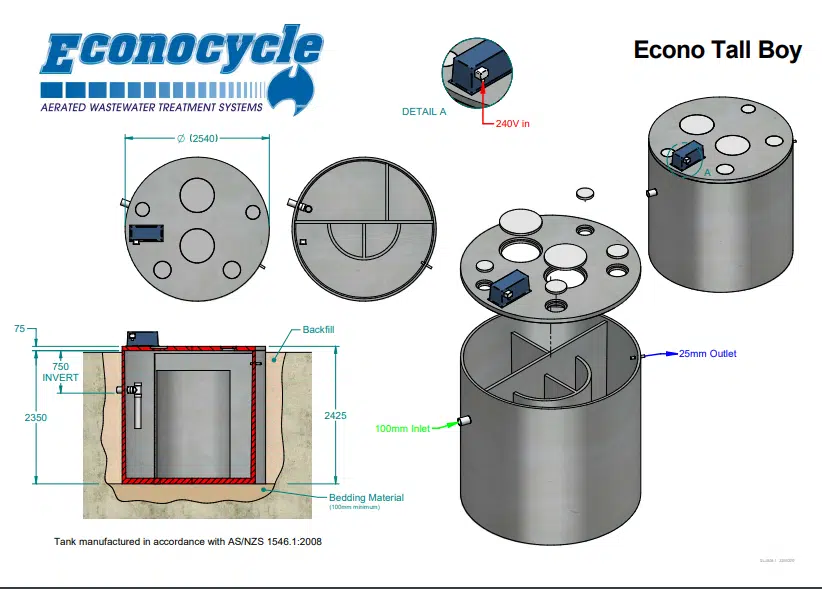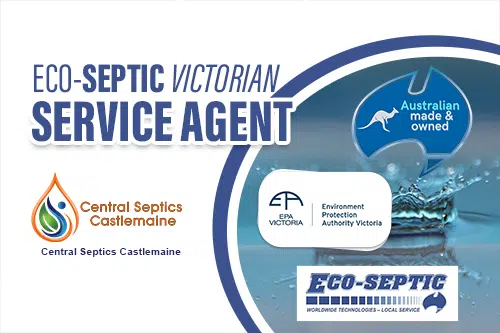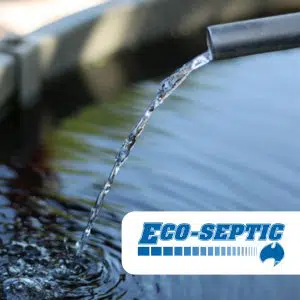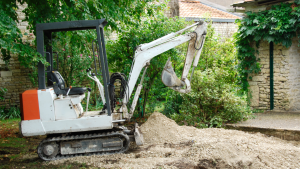Are Septic Tanks Better For The Environment Than Sewer Systems?
If you’ve come across this article, you’re probably wondering about the environmental benefits of septic tanks and whether or not they’re better than sewer systems in this regard. Well, we’re here to help! Below, we’ll discuss everything you need to know about septic tanks and sewer systems, including how they work and the environmental benefits and drawbacks of each.
Read on to find out more.
What is a septic tank?
A septic tank is an underground structure used to preserve sewage. Often included as part of domestic wastewater treatment plants, septic tanks do their job incredibly well, decomposing organic materials in wastewater. Septic tanks also serve as a safe place for storing waste that does not or cannot decompose quickly, like paper towels and toilet paper.
Physically, septic tanks are essentially reservoirs with a drainage system. They’re typically made from concrete, polyurethane or PVC piping and consist of two tanks— one for fresh water and one for sewage.
Generally, you should empty your septic tank every three to five years. The frequency will depend on the size of your family and how often you use your kitchen sink and bathroom facilities.
What is a sewer system?
Sewer systems are used to collect and move wastewater and domestic sewage. Essentially, they’re designed to remove solid waste as it enters the sewer system.
Sewers discharge their contents through a network of pipes to a treatment plant or directly into the natural environment—which is where the environmental concerns come into play.
Environmental benefits of septic tanks
Septic tanks are becoming increasingly popular among Aussie homeowners thanks to their environmentally friendly nature.
Experts have designed modern septic systems to capture and decompose sewage in a way that does not put strain on nearby bodies of water or groundwater. This approach has amazing environmental benefits because it reduces the amount of sewage that would need to be treated before being dumped into our oceans or rivers.
Sewer system environmental disadvantages
Sewer systems are generally bad for the environment because of problems like leakage, contamination, and the release of waste into natural water sources like rivers and streams. This release of waste can lead to an increased risk for serious illnesses like cholera and typhoid fever, which can be lethal if untreated.
As sewer systems discharge untreated wastewater into natural bodies, these vital waterways could become contaminated, putting marine life in danger. On the other hand, Septic tanks preserve sewerage and waste that cannot quickly decompose, preventing it from entering streams, rivers, lakes, and other natural bodies of water.
Let’s sum up
So, to summarise, septic tanks are much better for the environment than their sewer system counterparts. Sewer systems are far from an environmentally friendly choice thanks to the risk of leaks, contamination, and releasing waste into natural water sources. Instead, choose septic tanks to preserve wastewater and protect our precious waters.
To find out more about Septic Tanks, look to the experts at Central Septics Castlemaine and contact us for a fast quote today!
We are a recognised Victorian service dealer for Eco-Septic.
Eco-Septic is an Australian based manufacturer that specialises in Econocycle Product range of wastewater systems of various shapes and designs. We provide all your wastewater needs, all while keeping in mind individual spending capabilities.
1800 808 135 or visit us at www.ecoseptic.com.au.
Related Posts
- What Are The Benefits Of Wastewater Treatment?
- Why is Aeration Used in Wastewater Treatment
- What Happens to the Waste When a Septic Tank is Full?
- Why every home in Australia needs a rainwater tank
- What are the New Technologies for Wastewater Treatment
- The Ultimate Guide to Maintaining Your AWTS System
- Why Eco Septic Tanks are the Eco-Friendly Choice for Your Home
- How Does AWTS (Aerated Water Treatment System) Work?







